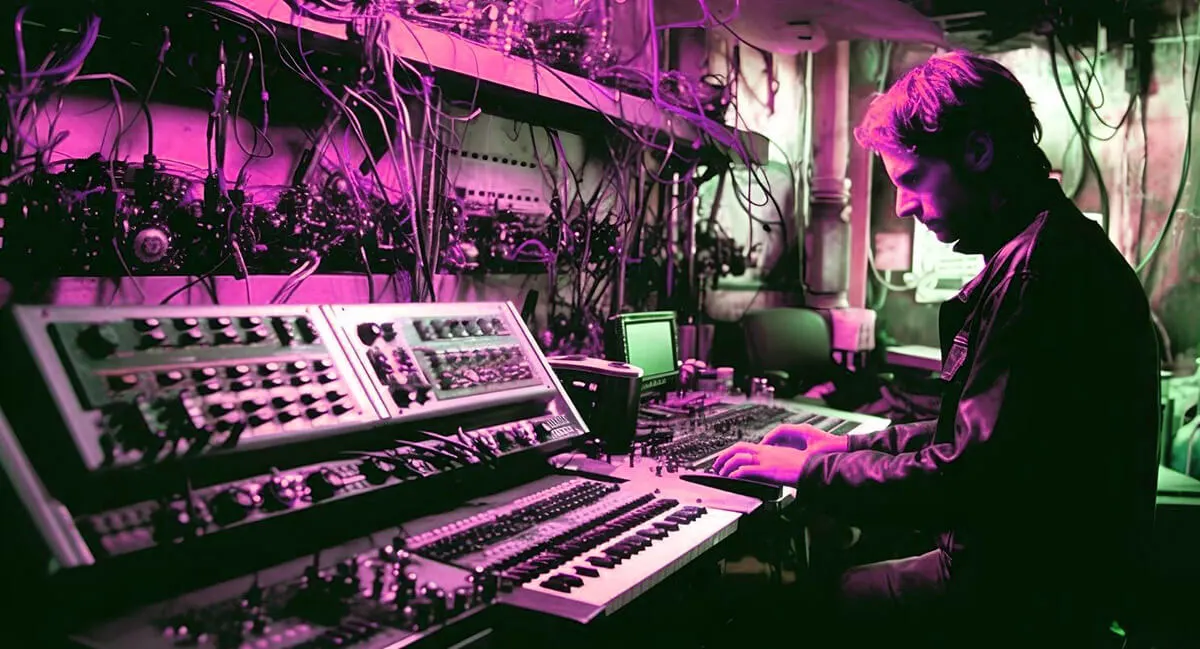Introduction
Welcome to the exciting world of electronic music production! Whether you’re a complete beginner or have some experience in music, these 10 tips will help you get started on your journey to creating your own electronic masterpieces. From setting up your studio to refining your sound, let’s dive right in!
1. Build Your Studio
Creating electronic music requires a dedicated space where you can focus and let your creativity flow. Start by setting up a computer with a Digital Audio Workstation (DAW) software, such as Ableton Live or FL Studio. Invest in a good pair of studio headphones or monitors to accurately hear the details in your tracks.
2. Learn the Basics
Before diving into complex techniques, take the time to learn the fundamentals of music theory. Understanding concepts like melody, harmony, and rhythm will give you a solid foundation to build upon. There are plenty of online resources and tutorials available to help you with this.
3. Experiment with Sounds
Electronic music offers endless possibilities when it comes to sound design. Explore different synthesizers, drum machines, and virtual instruments to find the sounds that resonate with you. Don’t be afraid to experiment and create your own unique sonic palette.
4. Study Other Producers
Take the time to listen to electronic music produced by artists you admire. Analyze their tracks and try to understand the techniques they use to achieve certain sounds or create a specific atmosphere. This will help you develop your own style and sound.
5. Practice, Practice, Practice
Like any skill, electronic music production requires practice. Set aside dedicated time each day or week to work on your tracks. Experiment with different genres, tempos, and structures to expand your musical horizons.
6. Collaborate with Others
Collaborating with other producers or musicians can be a great way to learn new techniques and gain fresh perspectives. Join online communities or local music production groups to connect with like-minded individuals and potentially collaborate on projects.
7. Mix and Master Your Tracks
Mixing and mastering are crucial steps in the production process. Learn the basics of EQ, compression, and other audio processing techniques to ensure your tracks sound balanced and professional. Take the time to understand the mastering process or consider outsourcing this step to a professional if needed.
8. Embrace Feedback
Seeking feedback from others is an essential part of growth as a producer. Share your tracks with friends, fellow producers, or online communities and be open to constructive criticism. Use feedback as a tool to improve your skills and refine your sound.
9. Stay Inspired
Music production can sometimes feel overwhelming, but it’s important to stay inspired. Explore different genres, attend live performances, and listen to a wide range of music. Surround yourself with creativity and let it fuel your own artistic journey.
10. Have Fun!
Above all, remember to have fun with your music production journey. Enjoy the process of creating and experimenting. Don’t be afraid to make mistakes and learn from them. The more you enjoy what you’re doing, the more likely you are to succeed in electronic music production.
Conclusion
Starting out in electronic music production can be both challenging and rewarding. By following these 10 tips, you’ll be well on your way to success. Remember to be patient, keep learning, and most importantly, enjoy the journey. Happy producing!


